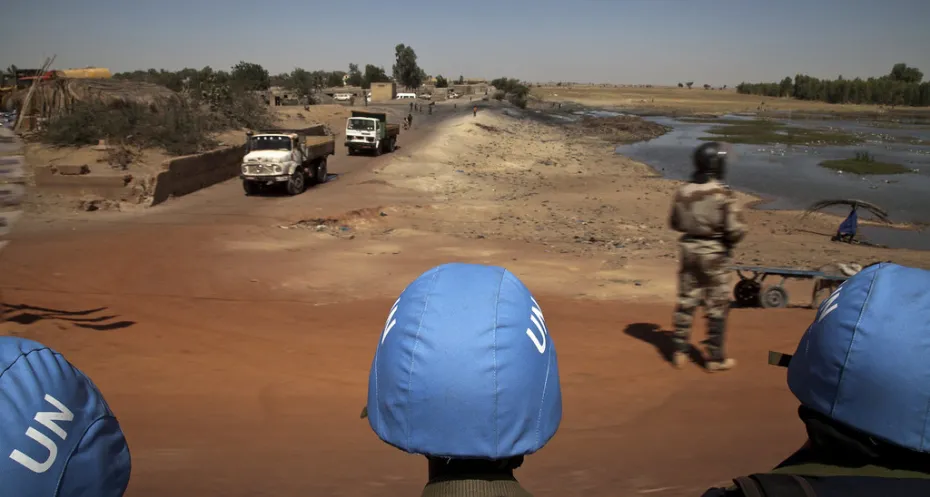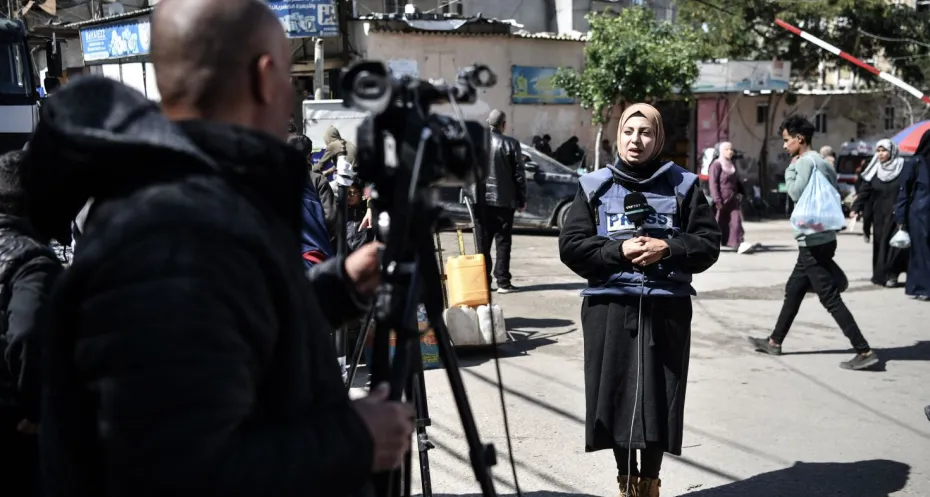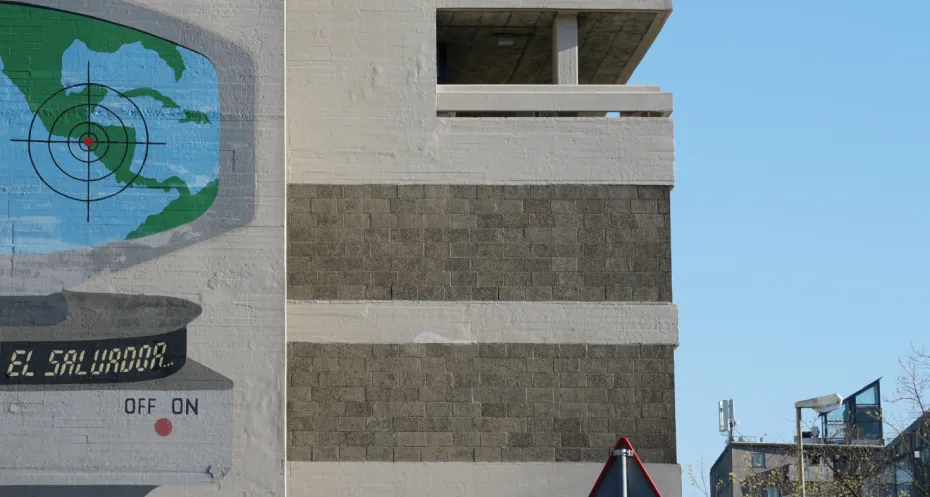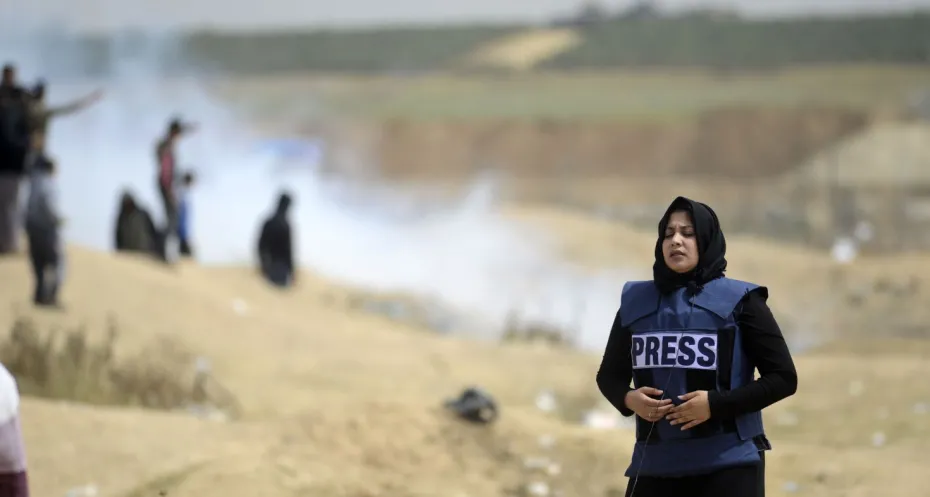New platform documents human rights violations in Mali

The new digital platform SIRA (System of Digital Documentation and Analysis) was launched during an online press conference on 24 June 2020. The aim of the platform is to collect, portray and analyze human rights violations in Mali. It is the first of three platforms developed as part of the OCCIPRE project, initiated by a consortium funded by the European Union, consisting of Tuwindi, Free Press Unlimited and Amnesty International Mali.
Tuwindi has been a Free Press Unlimited partner since 2017. This media development organisation specializes in creating technological solutions to support social and economic development in the areas of governance, citizenship, human rights and democracy.
The OCCIPRE-Project
Now Tuwindi and Free Press Unlimited partnered up with Amnesty International Mali for the OCCIPRE-project. Ramata Guissé, executive director of Amnesty International Mali: "OCCIPRE aims to contribute to the arrival of a democratic and inclusive Malian society in which all citizens enjoy all the fundamental rights enshrined in national and international texts." It will use digital and mobile platforms to encourage collective monitoring throughout the society, and also joint advocacy for accountability and justice.
Launch of SIRA
SIRA is the first of three platforms to be launched by OCCIPRE. It brings together a network of more than 800 observers who will share real-time information on incidents of human rights violations. This will create a database that is openly accessible, for example, to journalists, lawyers and human rights defenders.
“Thanks to SIRA, the Malian people will have access to reliable sources of information while being empowered to contribute in a participatory, inclusive and diverse manner. SIRA will be the platform for collecting information about, documenting and contesting human rights violations in Mali, thereby creating a database accessible to everyone," said Jens Kiesheyer, Free Press Unlimited programme coordinator for Mali.
Data analysis and training
The platform is available as a web version and a mobile app. The app is mainly for real-time documentation of incidents, the web version will also allow analysis of the data. It can identify the areas of the country that are most affected, pinpoint the most common violations and their main causes. A national advocacy and action plan will be developed using this data.
Training is also a part of SIRA. 110 journalists will receive professional training so they are better equipped to investigate and integrate human rights in their reporting. Approximately 20 lawyers will also receive training to make it easier for victims of human rights violations to receive proper legal support.
57 journalists attended the launch on 24 June. The EU delegation in Mali was also represented by chief Bart Ouvry and chief of the political section Salvador Pinto da França. There were also participants from Kidal, an otherwise quite inaccessible region.
SIRA is the first of three digital platforms. The other two platforms, Xensa and Kenekanko, will be launched later this year. The aim of Xensa is to empower Malian bloggers to engage with their locally elected politicians. Kenekanko will be the Malian version of Free Press Unlimited’s Publeaks, a platform where whistleblowers can safely report to investigative journalists on cases of corruption and other crimes.
Photo: "Scene from Mopti, Mali" by United Nations Photo is licensed under CC BY-NC-ND 2.0



